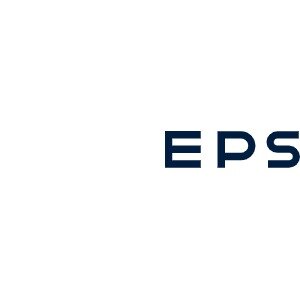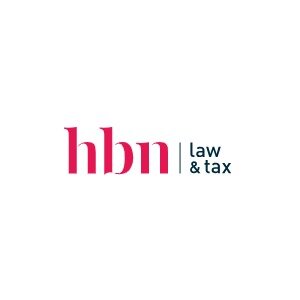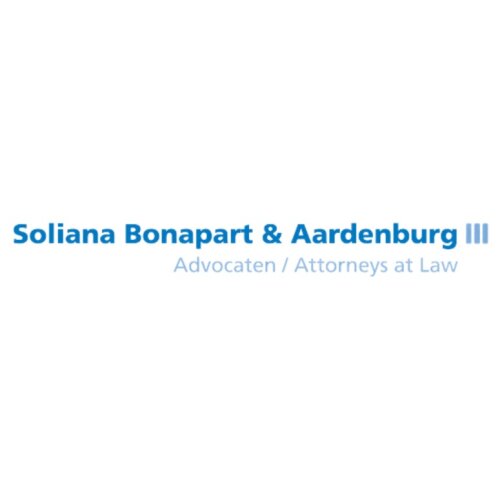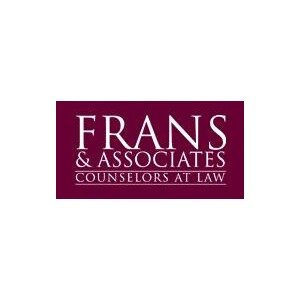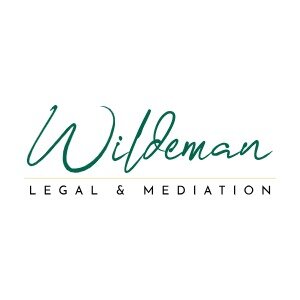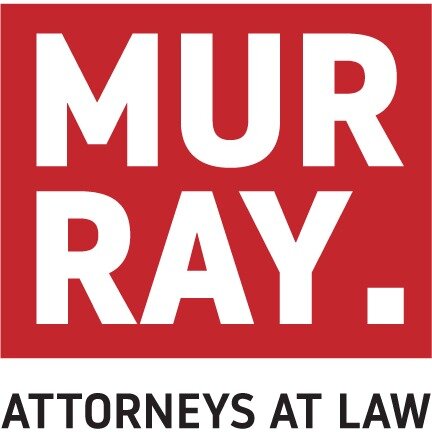Best Sanctions & Export Controls Lawyers in Willemstad
Share your needs with us, get contacted by law firms.
Free. Takes 2 min.
List of the best lawyers in Willemstad, Curaçao
About Sanctions & Export Controls Law in Willemstad, Curaçao
Sanctions and export controls are legal measures set in place to regulate the movement of goods, technology, services and financial assets across borders. In Willemstad, Curaçao, these laws are influenced by both local ordinances and by international obligations as Curaçao is a constituent country of the Kingdom of the Netherlands. The purpose of these laws is to ensure national security, support international peacekeeping efforts, prevent the proliferation of weapons and comply with United Nations and European Union mandates. Sanctions may target specific countries, companies, or individuals, while export controls typically regulate sensitive technology and goods. Violations may lead to severe civil and criminal penalties, making compliance especially important for businesses and individuals.
Why You May Need a Lawyer
You may need a lawyer with expertise in sanctions and export controls in several scenarios. If you are an importer, exporter, or a financial institution conducting business abroad or with foreign entities, compliance with these laws is crucial. Companies dealing with dual-use goods (items with both commercial and military application), advanced technology, financial services or trade with embargoed countries may face complex legal requirements and risks. Legal counsel can provide guidance on obtaining proper export licenses, responding to regulatory investigations, conducting due diligence or implementing internal compliance programs. In case of alleged violations, having experienced legal representation is essential to mitigate liability and resolve disputes.
Local Laws Overview
Sanctions and export controls in Willemstad are governed by a combination of local laws and the Kingdom’s adherence to international obligations. Curaçao implements United Nations sanctions through local legislation and, in many cases, applies similar or equivalent measures as the European Union and the Kingdom of the Netherlands. The Central Bank of Curaçao and Sint Maarten and the Customs Department play central roles in enforcing these laws. Key legal aspects include:
- Requirements for export and import licenses for sensitive products.
- Strict prohibitions on transactions with sanctioned individuals, companies, or states.
- Due diligence obligations on financial institutions to prevent money laundering related to trade or sanctioned parties.
- Recordkeeping and reporting obligations for transactions that may be subject to export controls or sanctions.
Businesses must stay up-to-date with rapidly changing sanction lists and export restrictions to avoid inadvertent violations.
Frequently Asked Questions
What are sanctions and export controls?
Sanctions are official restrictions on trade or financial transactions with certain countries, industries, or individuals, often for foreign policy or national security reasons. Export controls are regulations that require government authorization before sending certain goods, technology, or information abroad.
Who enforces sanctions and export controls in Willemstad, Curaçao?
In Curaçao, enforcement agencies include the Central Bank of Curaçao and Sint Maarten, the local Customs Office, and the Ministry of Justice. They work in cooperation with international organizations and Dutch authorities.
Are Curaçao’s sanctions and export controls different from those in the European Union?
While Curaçao is not part of the European Union, it frequently implements similar sanctions as the EU, especially those mandated by the United Nations and implemented by the Kingdom of the Netherlands.
Do I need a license to export goods from Curaçao?
Yes, certain goods, especially dual-use items, arms, and sensitive technology, require an export license. The type of license and application process depends on the nature of the goods and the destination country.
What are the penalties for violating sanctions or export control laws?
Penalties can include hefty fines, loss of export privileges, seizure of goods, reputational damage, and even imprisonment. Both companies and individuals can be held liable.
How can businesses ensure compliance?
Businesses should establish internal compliance programs, conduct routine checks of customer and transaction lists against sanction databases, train staff, and seek legal advice for complex transactions.
What is a dual-use item?
A dual-use item is a product, material, or technology that can be used for both civilian and military applications. These often require specific export licenses.
Can individuals be subject to sanctions and export controls?
Yes, both individuals and legal entities can be subject to sanctions and export control restrictions and must comply with all relevant laws.
Do financial institutions have special obligations under these laws?
Yes, banks and other financial service providers must perform due diligence on their clients and transactions to ensure they do not facilitate prohibited activities or dealings with sanctioned entities.
How often do sanctions and export control lists change?
Sanction and export control lists are updated frequently, sometimes multiple times a month, to reflect new international developments. Businesses must monitor these changes to ensure ongoing compliance.
Additional Resources
The following authorities and organizations provide information or assistance related to sanctions and export controls in Willemstad, Curaçao:
- Central Bank of Curaçao and Sint Maarten - Regulates financial institutions and oversees implementation of financial sanctions.
- Customs Department of Curaçao - Handles export and import control enforcement and licensing.
- Ministry of Justice of Curaçao - Oversees sanctions legislation and enforcement policies.
- Chamber of Commerce Curaçao - Provides guidance for businesses on trade compliance matters.
- International law sections of local bar associations for referrals to specialized legal counsel.
Next Steps
If you need legal assistance regarding sanctions and export controls in Willemstad, Curaçao, start by gathering all relevant facts about your business or transaction. This includes details of the goods or services, origins and destinations, involved parties, and existing compliance measures. Contact a local attorney experienced in international trade law and sanctions compliance. Prepare a list of questions and concerns in advance to maximize the value of your consultation. Finally, stay informed through reputable resources and ensure your compliance processes are documented and up-to-date to reduce risk and liability.
Lawzana helps you find the best lawyers and law firms in Willemstad through a curated and pre-screened list of qualified legal professionals. Our platform offers rankings and detailed profiles of attorneys and law firms, allowing you to compare based on practice areas, including Sanctions & Export Controls, experience, and client feedback.
Each profile includes a description of the firm's areas of practice, client reviews, team members and partners, year of establishment, spoken languages, office locations, contact information, social media presence, and any published articles or resources. Most firms on our platform speak English and are experienced in both local and international legal matters.
Get a quote from top-rated law firms in Willemstad, Curaçao — quickly, securely, and without unnecessary hassle.
Disclaimer:
The information provided on this page is for general informational purposes only and does not constitute legal advice. While we strive to ensure the accuracy and relevance of the content, legal information may change over time, and interpretations of the law can vary. You should always consult with a qualified legal professional for advice specific to your situation.
We disclaim all liability for actions taken or not taken based on the content of this page. If you believe any information is incorrect or outdated, please contact us, and we will review and update it where appropriate.



